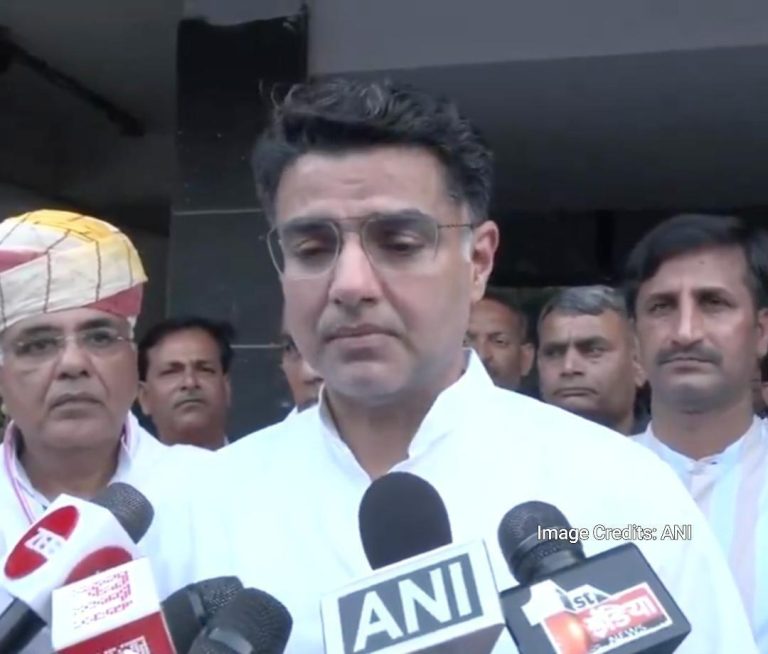
Just Inflammatory Rhetoric: Tharoor on Bilawal Bhutto’s Remark
The ongoing tensions between India and Pakistan have taken another turn, with Pakistani politician Bilawal Bhutto making a provocative remark on India’s decision to suspend the Indus Waters Treaty. Congress MP Shashi Tharoor, known for his sharp wit and candor, has reacted to Bhutto’s statement, calling it “just inflammatory rhetoric”.
Bhutto’s remark, which sparked outrage and concern across the border, was made in response to India’s decision to suspend the treaty, which regulates the sharing of water resources between the two countries. The move was taken in response to the recent Pahalgam attack, in which a Pakistani terrorist group targeted a tourist bus, killing multiple civilians.
Tharoor, a seasoned politician and diplomat, minced no words in his response to Bhutto’s remark. “Pakistanis have to understand they simply cannot kill Indians with impunity,” he said, emphasizing the need for Pakistan to take responsibility for its actions. “If blood is going to flow, it will flow possibly more on their side,” he added, cautioning that the consequences of such actions would be severe.
Tharoor’s remarks are a stark reminder of the gravity of the situation and the need for both countries to exercise restraint and diplomacy. The suspension of the Indus Waters Treaty is a significant step, and one that could have far-reaching consequences for the region’s water security.
The Pahalgam attack, which was carried out by a group of terrorists affiliated with the Jaish-e-Mohammed, is the latest in a long line of violent incidents that have plagued the region. The attack, which killed multiple civilians and injured many more, is a stark reminder of the threat posed by terrorism and the need for collective action to combat it.
Tharoor’s response to Bhutto’s remark is also a rebuke to those who would seek to use inflammatory rhetoric to further their own agendas. In a world where words can have devastating consequences, it is essential that leaders exercise caution and diplomacy in their language.
The situation on the ground is tense, with both countries engaging in a war of words and neither side willing to back down. The suspension of the Indus Waters Treaty is a significant escalation, and one that could have far-reaching consequences for the region’s water security.
The Indus Waters Treaty, which was signed in 1960, is a critical agreement that regulates the sharing of water resources between India and Pakistan. The treaty is a decades-old arrangement that has been tested and refined over the years, and its suspension is a significant development that could have far-reaching consequences for the region.
Tharoor’s remarks are a reminder that the situation is far from resolved and that both countries must work towards a peaceful resolution. The suspension of the Indus Waters Treaty is a significant step, but it is only the beginning of a long and difficult process.
In conclusion, Tharoor’s response to Bhutto’s remark is a stark reminder of the gravity of the situation and the need for both countries to exercise restraint and diplomacy. The suspension of the Indus Waters Treaty is a significant step, and one that could have far-reaching consequences for the region’s water security.
As the situation unfolds, it is essential that leaders on both sides continue to engage in dialogue and work towards a peaceful resolution. The consequences of failure would be devastating, and it is essential that both countries prioritize diplomacy and restraint.
Sources:



